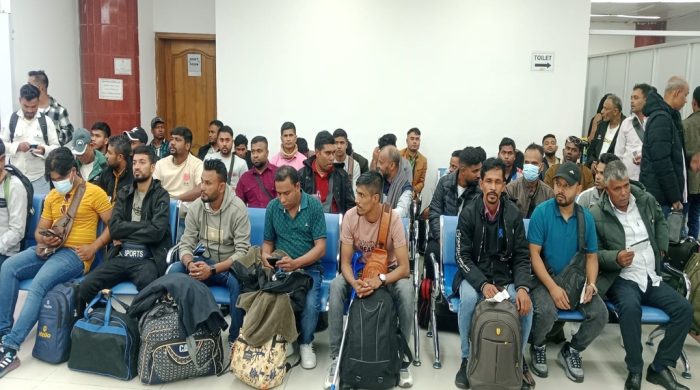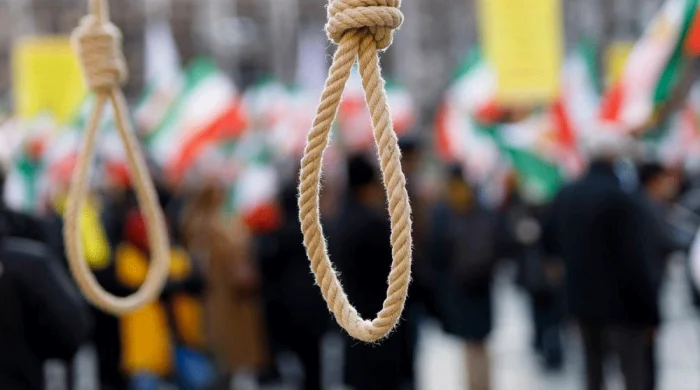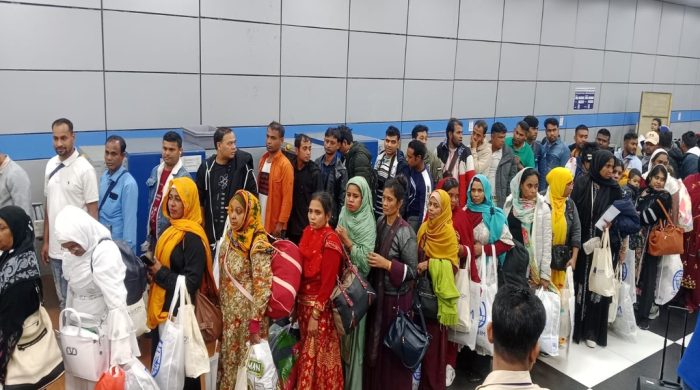Dhaka must boldly take up border killing issue with Delhi

- Update Time : Sunday, November 14, 2021
- 166 Time View

INDIA’S Border Security Force killed four Bangladeshis in the past 10 days, showing high-handedness on part of India authorities and a poor handling of the issue by Bangladesh. The Indian guards shot dead two in the Kaliganj border in Lalmonirhat on November 10. Two more died at the hands of Indian guards in the Kanaighat border in Sylhet on November 3. In the recent incidents, the Border Security Force issued statements claiming that they fired in self-defence and the statements termed the victims ‘miscreants’ and ‘intruders’, who defied their warning and tried to attack them with sticks and machetes and the guards suspected that the victims were cattle smugglers or engaged in ‘criminal activities’. The flag meetings that take place between the Indian guards and the Border Guard Bangladesh after any killing, usually about a timely handover of bodies, have not been successful in setting about credible investigations. The unresolved case of Felani Khatun, who the Indian guards shot dead in the Anantapur border in Kurigram, is an example of this.
At least 1,236 Bangladeshis died and 1,145 became injured in 2000–2020, as Odhikar says, at the hands of Indian guards. On a number of occasions, India has promised to prevent the loss of live along the border. In 2020, when Bangladesh witnessed the highest number of border killings, the then BSF director general assured that they would reduce the killing ‘significantly’. But the number of death reported shows that it has not happened and India has continued to use lethal weapons. Bangladesh, meanwhile, maintains that a ‘good relationship’ exists between the two countries and has advised people living along the border to avoid engaging in cross-border cattle and other illegal trade. What the proposition undermines is that the Indian guards are under no circumstances entitled to apply a shoot-to-kill policy. It is unfortunate that the government has subscribed to India’s justification that the Indian guards had to fire in self-defence. When it was expected that the government would strongly take up the issue of border violence with India and demand investigation, the government’s action has, rather, been indecisive and disproportionate to the degree of violence.
Bangladesh must, therefore, make it a point that the violation of international border control policies will not be tolerated and adequately take up the issue with India. Dhaka must sit with New Delhi and demand that the pending investigation of all allegations of death, torture and violence is fairly done. Conscientious section of society, both in Bangladesh and India, must also mobilise against border killing and demand justice for victims of border violence.


























